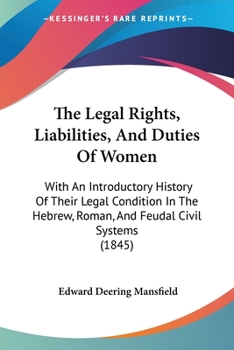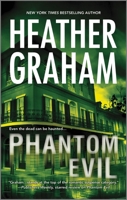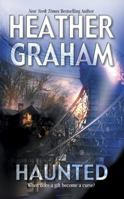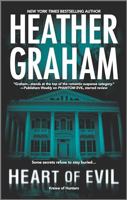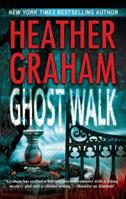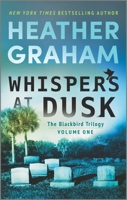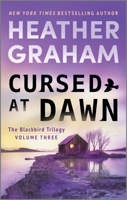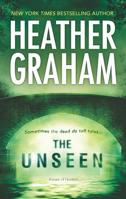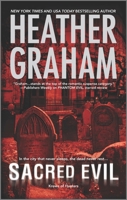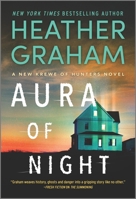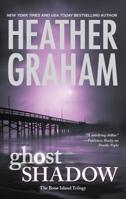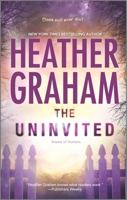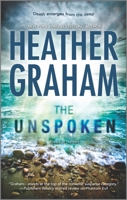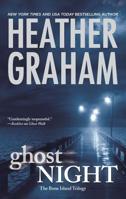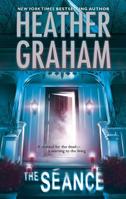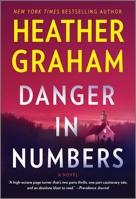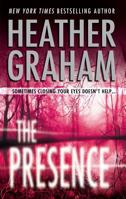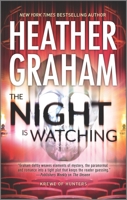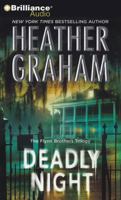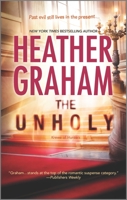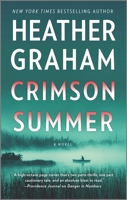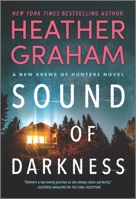The Legal Rights, Liabilities and Duties of Women; With an Introductory History of Their Legal Condition in the Hebrew, Roman and Feudal Civil Systems. ... and Ward, and of Employer and Employed.
Select Format
Select Condition 
Based on Your Recent Browsing
Book Overview
""The Legal Rights, Liabilities, And Duties Of Women"" is a book written by Edward Deering Mansfield in 1845. It is a comprehensive guide that explores the legal status of women throughout history, with a focus on their rights, liabilities, and duties. The book begins with an introductory history of the legal condition of women in the Hebrew, Roman, and feudal civil systems, providing a fascinating insight into the evolution of women's legal rights over time. The rest of the book covers various legal topics such as marriage, divorce, property ownership, and inheritance, with a particular emphasis on how these laws affect women. Mansfield's writing is clear and concise, making this book an excellent resource for anyone interested in women's legal rights and history. Overall, ""The Legal Rights, Liabilities, And Duties Of Women"" is a valuable contribution to the field of women's studies and legal history.Including The Law Of Marriage And Divorce, The Social Relations Of Husband And Wife, Parent And Child, Of Guardian And Ward, And Of Employee And Employed.This scarce antiquarian book is a facsimile reprint of the old original and may contain some imperfections such as library marks and notations. Because we believe this work is culturally important, we have made it available as part of our commitment for protecting, preserving, and promoting the world's literature in affordable, high quality, modern editions, that are true to their original work.
Format:Paperback
Language:English
ISBN:1437323197
ISBN13:9781437323191
Release Date:November 2008
Publisher:Kessinger Publishing
Length:384 Pages
Weight:1.13 lbs.
Dimensions:0.8" x 6.0" x 9.0"
More by Heather Graham
Heather Graham Pozzessere, born in 1953, writes under her maiden name Heather Graham as well as the pen name Shannon Drake. With a degree in theater arts from the University of South Florida, she worked in dinner theater, singing backup vocals, and bartending. When she chose to stay at home with her... Learn More About This Author
Customer Reviews
5 customer ratings | 5 reviews
There are currently no reviews. Be the first to review this work.










